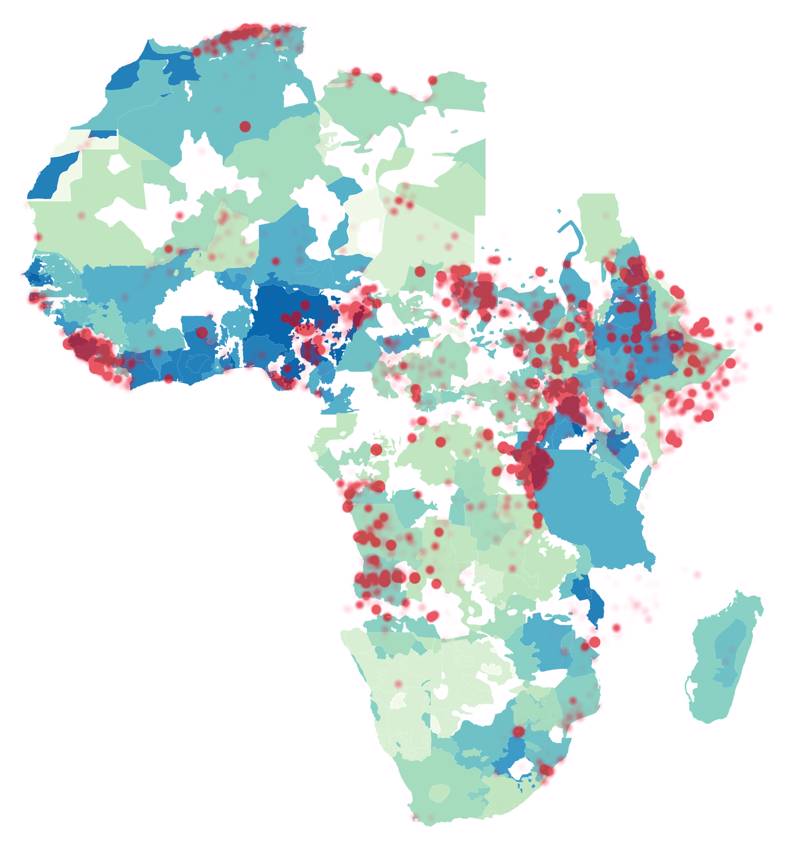
Severe drought is associated with an increased incidence of armed conflict among agriculture-dependent populations in the least developed states. By strengthening the political status and economic well-being of such marginalized groups, conflict risk can be reduced. This is a key finding of a study just published in the Proceedings of the National Academy of Sciences of the United States of America (PNAS) by a team of researchers from Uppsala University and PRIO.
A novel feature of this study is the analytical focus on marginalized ethnic groups with explicit consideration of how local and national socio-political contexts shape drought-induced conflict risk. Studying the conflict involvement of rural populations in Asia and Africa since 1989, the researchers make use of new geo-referenced conflict event data, spatial ethnicity data, and remote sensing-based indicators of agricultural land use and meteorological conditions, as well as various group- and country-specific structural controls. A comprehensive set of statistical models reveals that drought has little effect on the risk of new conflict outbreak. However, in contexts with high political and/or economic vulnerability, a drought significantly increases the risk of prolonging ongoing violence. This finding suggests a reciprocal nature-society relationship in which armed conflict and environmental shock form a vicious circle, each phenomenon increasing vulnerability to the other.
The article is published as open access and can be accessed for free through the journal's web page.
von Uexkull, Nina; Mihai Croicu, Hanne Fjelde & Halvard Buhaug (2016) Civil conflict sensitivity to growing season drought, Proceedings of the National Academy of Sciences of the United States of America, published online ahead of print DOI: 10.1073/pnas.1607542113.





